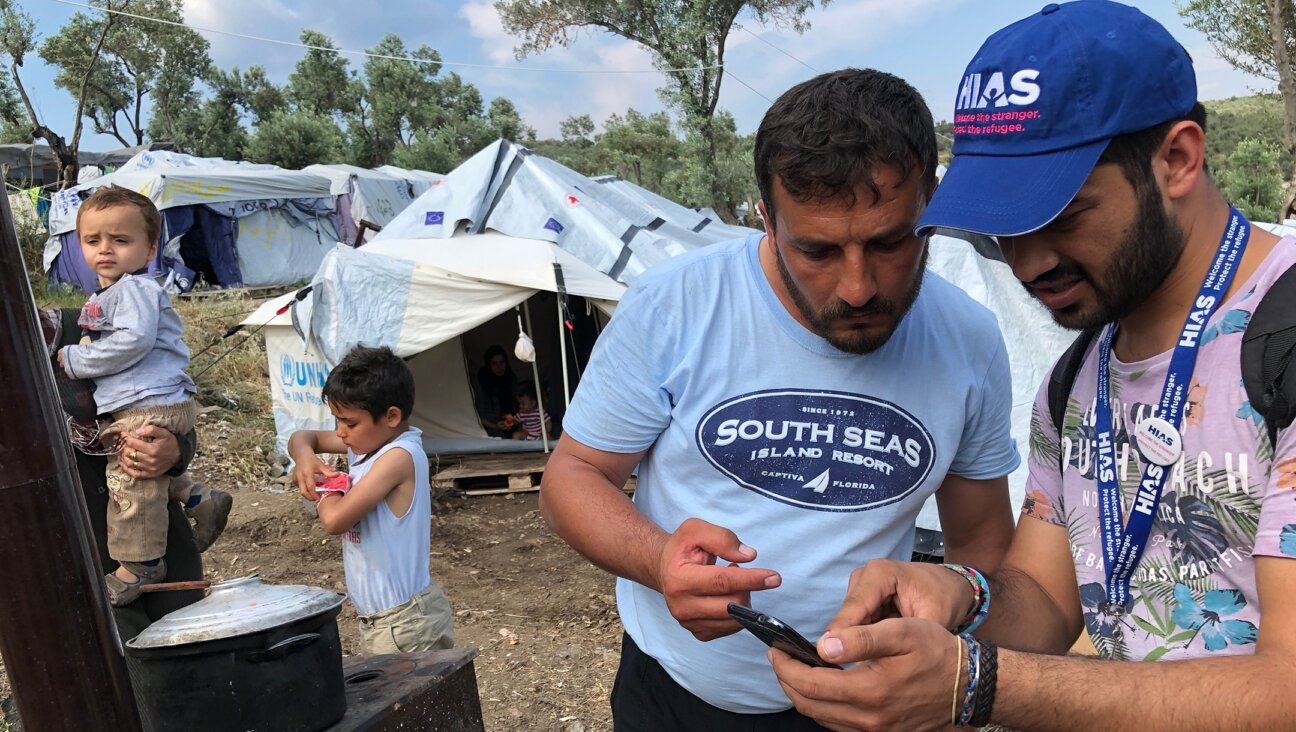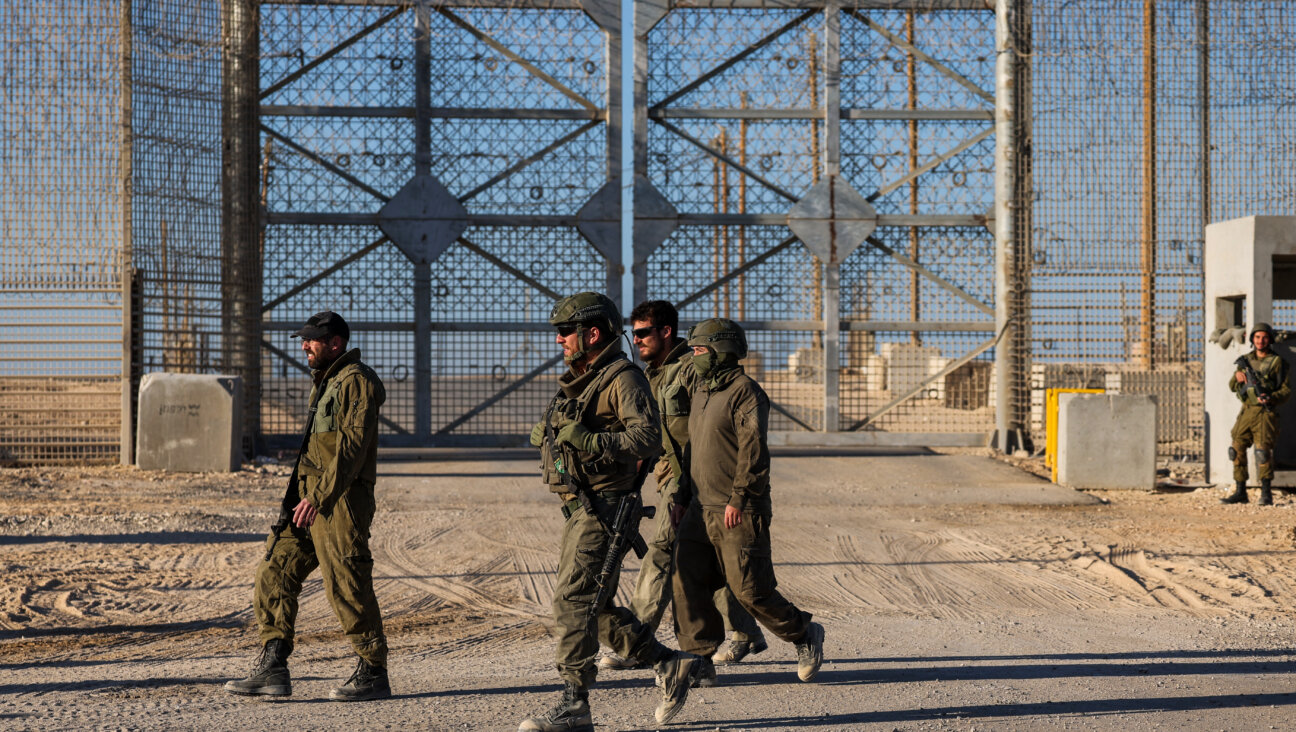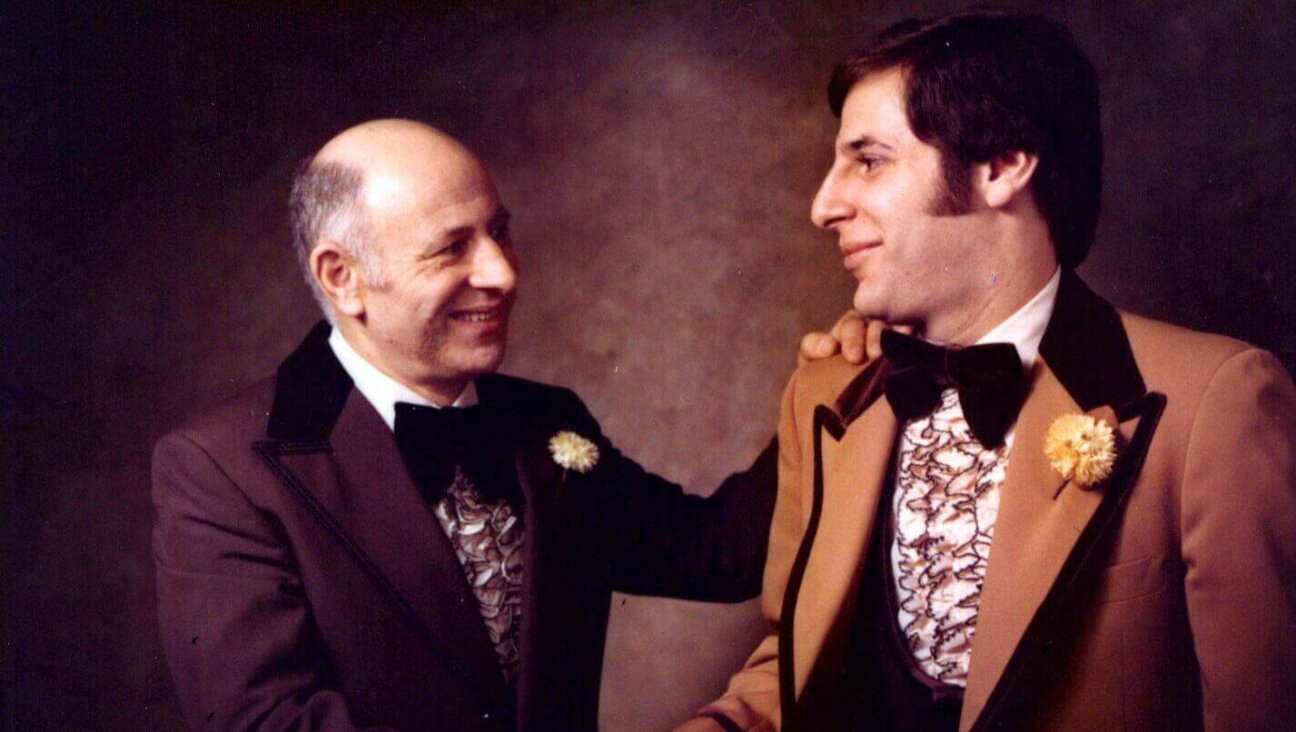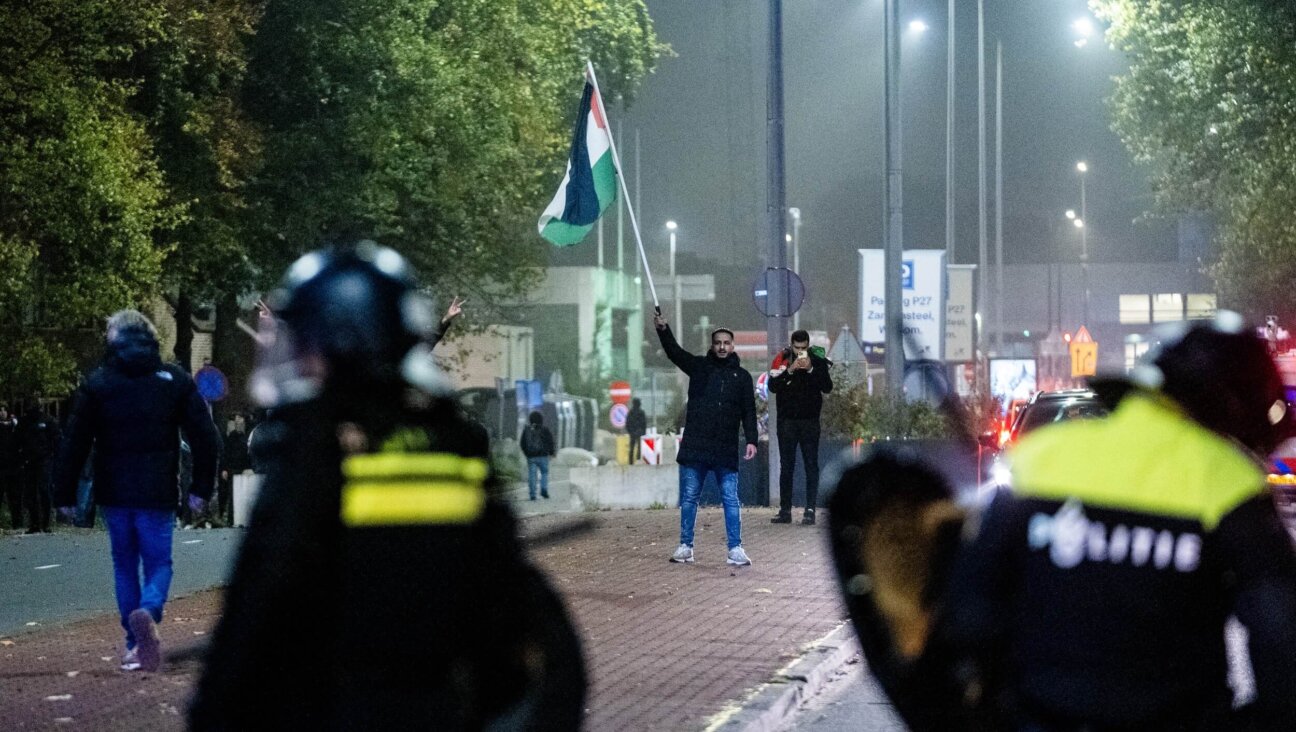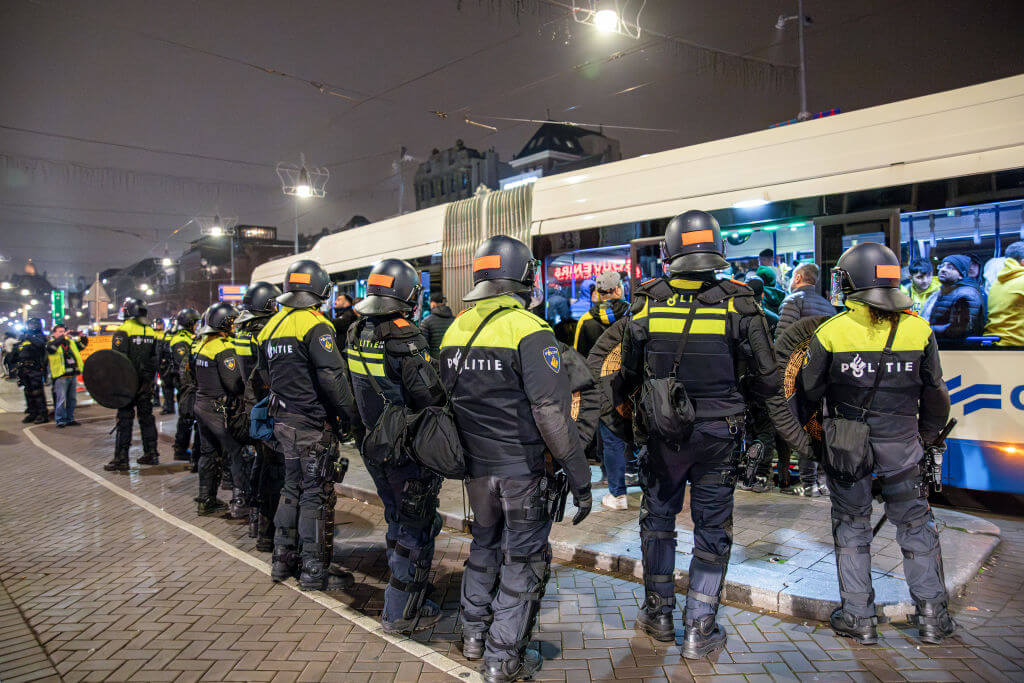Small City Fields a Big Presence At Jerusalem Federation Parley
The 20,000 Jews living in this Midwestern city represent a statistical blip in the American Jewish population, but the community registered the equivalent of a 6 on the Richter scale last week in Jerusalem at an international gathering of communal leaders.
Kansas City sent a 114-person delegation to the United Jewish Communities General Assembly — second only to the group of 231 participants from the New York City metropolitan area, including Westchester. But New York boasts an overall Jewish population exceeding 1.7 million, meaning the region would have had to send 10,000 participants to top Kansas City as the per-capita champion of the G.A.
The Kansas City Jewish community actually has a long history of stepping up to the plate for Israel, dating back to the country’s early days. A few members of the community helped convince President Harry Truman, from nearby Independence, Mo., to recognize the nascent Jewish state in 1948.
Miami sent 113 delegates, Los Angeles 79 and Chicago 58 — and these cities boast much larger Jewish communities. So why did so many people from a prairie city known more for its jazz than its Judaism feel compelled to spend 10 days in Israel this year, as the violence in the Middle East rages unabated?
The answer is complex — but worth pondering.
Kansas Citians credit Todd Stettner, executive director of the Kansas City Jewish Federation, and his staff for their energy and inclusiveness. Stettner and others point to the fact that their local Jewish community actually works like an old-fashioned community.
“In other communities, you are lucky if rabbis talk to each other let alone the federation,” Stettner said. “We’re really making a place where people can come together. Communities can do amazing things.”
Kansas City rabbis of every denomination are friendly and supportive of one another — and readily join together in common cause. Virtually every rabbi in the city either took part in this month’s mission to Israel or participated in an even larger delegation of 132 Kansas City residents who traveled to Israel in January 2002.
The city has one Jewish day school, kindergarten through high school. It serves the needs of students and families who span the full religious spectrum of Judaism, from Reform to Orthodox. The school has become a focal point of local support for Israel, with one-fourth of its high school graduates last spring electing to spend this year studying in Israel, enrolling in Hebrew language courses and working on kibbutzim.
Aside from these more obvious factors, more subtle issues are also at work in Kansas City. A community the size of Kansas City has to work a little harder at being Jewish. The city only has one kosher market. A few rabbis have worked assiduously behind the scenes to arrange for one Chinese restaurant and one steakhouse to offer kosher dining periodically.
Recently, Kansas City began supporting a popular and successful Kollel adult-education program, staffed by young Israelis — scholars and army veterans — who move here for a year or more to teach and serve as religious and cultural ambassadors of the Jewish state. They have stirred deep support for Israel in Kansas City.
Such are the elements of today’s Kansas City Jewish community, and somehow they contributed to 114 individuals reaching the decision that this month was the time for them to be in Israel.
Each of us is now sorting through a flood of impressions and reflections about what we saw and heard while in the Jewish homeland. Virtually the entire Israeli government leadership addressed the assembly. One day, participants fanned out across Israel on more than 50 separate trips to learn in detail about cutting-edge efforts to address the nation’s social, security, economic, educational and environmental challenges.
Amid the many events there were two singular Kansas City moments.
One occurred early in the visit, as two buses loaded with Kansas Citians climbed the road to Jerusalem. With police car lights flashing, the buses abruptly pulled over and we disembarked.
Soon we were listening to Pella Fingerish, of Kansas City, softly describing how at that very spot in 1989 she and her son had survived a terrorist assault on Egged Bus 405, in which 16 others died. In the chill darkness, the horrors Israelis live with came home to us.
Several days later, the Kansas City delegation was sitting in row after row of chairs in the warm morning sun in Ramleh, a small city midway between Tel Aviv and Jerusalem, while the mayor dedicated a Kansas City Square and an emergency vehicle donated to his community.
Kansas City and Ramleh are sister cities; Kansas City has also strong links with nearby Kibbutz Gezer and financially assists a variety of local and regional educational and social programs.
Ramleh Mayor Yoel Lavi, a popular vote-getter wounded in the head during the 1973 Yom Kippur War, looked out on the visitors and said, “I am touched to see such a large number of people coming from Kansas, from the middle of the United States.”
Struggling to describe the root of his feeling more precisely, passionately, he said: “This is psychological. People feel connected.”
That is what Kansas City Jews are about — forging links. Far from the mega-Jewish communities of New York and Los Angeles, close to the geographical center of America, a new model of a modern, American Jewish community may be emerging.
As Stettner puts it, “What the model says is that collaboration and cooperation is the key to success in the Jewish world today.”
A message from our CEO & publisher Rachel Fishman Feddersen

I hope you appreciated this article. Before you go, I’d like to ask you to please support the Forward’s award-winning, nonprofit journalism during this critical time.
At a time when other newsrooms are closing or cutting back, the Forward has removed its paywall and invested additional resources to report on the ground from Israel and around the U.S. on the impact of the war, rising antisemitism and polarized discourse.
Readers like you make it all possible. Support our work by becoming a Forward Member and connect with our journalism and your community.
— Rachel Fishman Feddersen, Publisher and CEO









